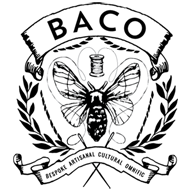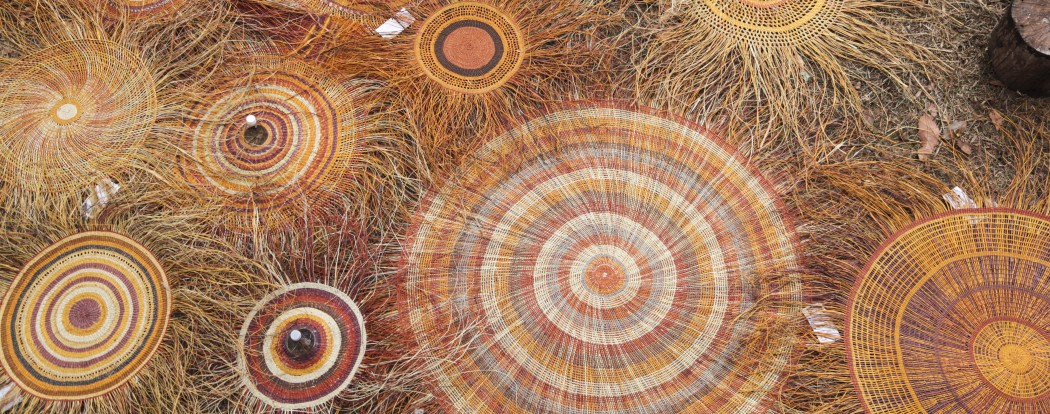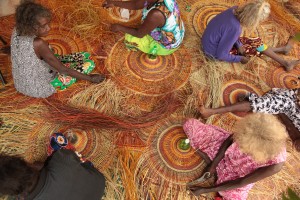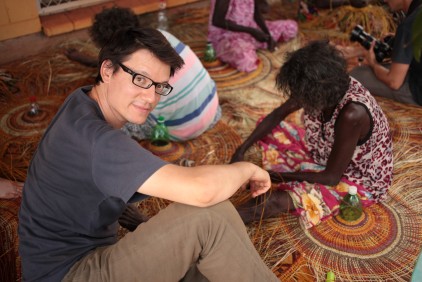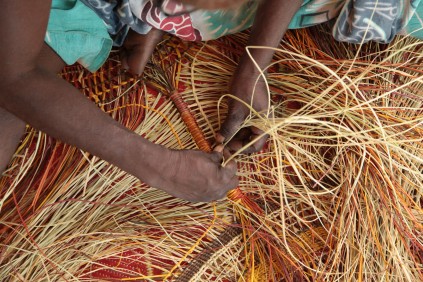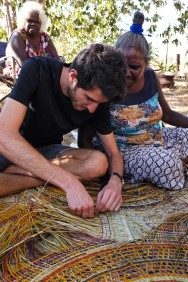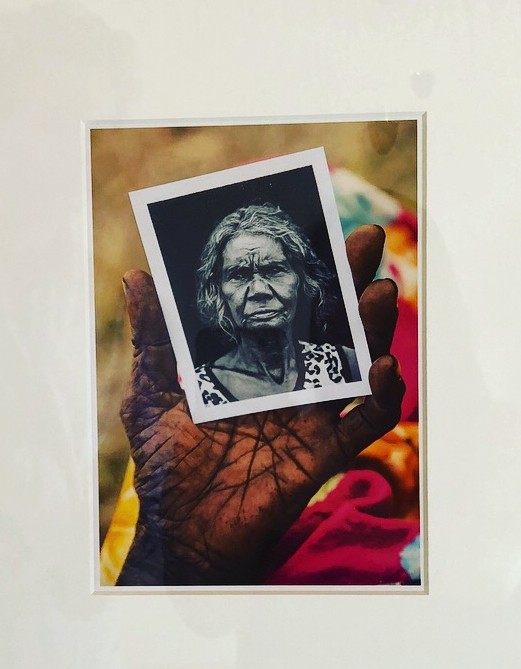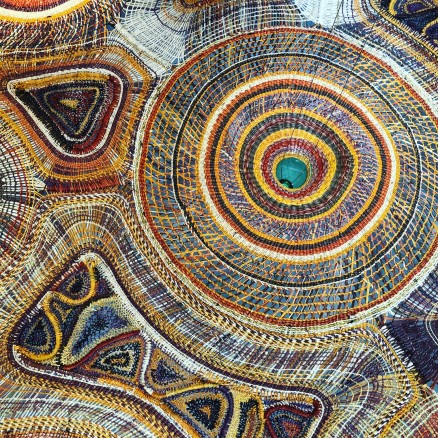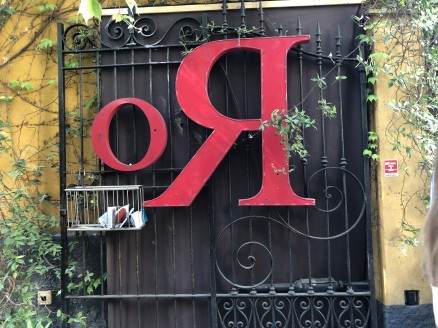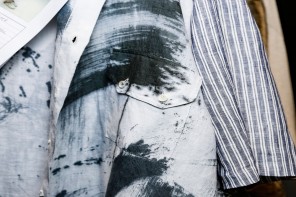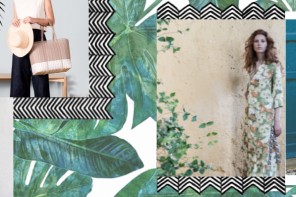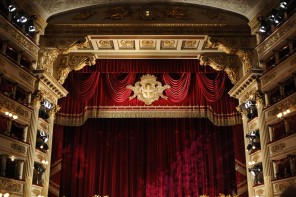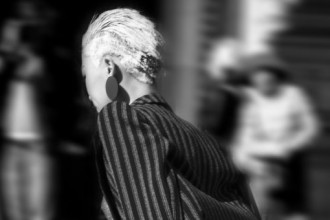MILAN–Half a million visitors invaded Milan for the latest edition of Salone del Mobile which ran April 17 to 22, under the aegis of a “Living Nature” theme.
“The fair ponders the possible reconciliation of man and nature with an emotive installations that enter into the debate on the value of sustainable living,” organisers said. As a result, many designers showcased solutions for our ailing planet.
One such project was the PET Lamp collection that combined sustainability and artisanal craftsmanship. The collection, which involved the work of Aboriginal Australian women, featured prominently at the gallery of one of the most influential design curators, Rossana Orlandi, who is currently in the process of launching a the “Guiltless Plastic” project aimed at changing the way the public views plastic and revolutionising the way it is used in the design. Founded by Spanish designer Alvaro Catalán de Ocón, PET Lamps are the product of mixing reused PET plastic bottles with selected traditional weaving techniques from different corners of the world in order to create unique handmade lampshades. Catalán de Ocón told BACO that he was inspired to launch the project after his first experience in the Colombian Amazon in 2011.
“My goal was to introduce solutions through the artisan world and through craftsmanship,” Catalán de Ocón said, adding that a growing quantity of plastic waste is invading every corner of the planet. “Despite the size of this problem no country has taken responsibility yet.”
After studying Aboriginal paintings found at the Du Quai Branly Museum in Paris and later at the NGV in Melbourne in 2016, Catalán de Ocón’s team traveled to Ramingining, Australia, an indigenous community that lies on the northern Australian coast, where he and his team met a community skilled in the weaving of Pandanus palm leaves that are boiled and left to dry in the sun before weaving.
“My goal was to introduce solutions through the artisan world and through craftsmanship,” Catalán de Ocón said, adding that a growing quantity of plastic waste is invading every corner of the planet. “Despite the size of this problem no country has taken responsibility yet.”
After studying Aboriginal paintings found at the Du Quai Branly Museum in Paris and later at the NGV in Melbourne in 2016, Catalán de Ocón’s team traveled to Ramingining, Australia, an indigenous community that lies on the northern Australian coast, where he and his team met a community skilled in the weaving of Pandanus palm leaves that are boiled and left to dry in the sun before weaving.
The result was an artistic galaxy of interpersonal relationships represented by orbs that represented family bonds. “It was amazing to see how they interpreted their relationships,” Catalán de Ocón said, adding the lamps are currently produced and distributed by the edition brand of his studio, ACdO, which has completed similar cultural projects in Colombia, Chile, Ethiopia and Japan. For more info click here.
